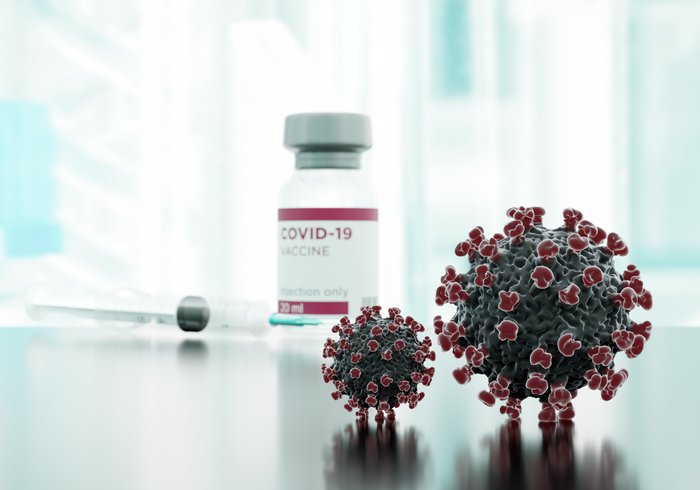Updated: Tuesday 9 April 2024
- If you test positive for Covid-19, our section on accessing treatments has more information on how to get an assessment.
- The government have announced a spring booster Covid-19 vaccine will be offered to the following groups between April and June 2024:
- Adults aged 75 years and over
- Residents in a care home for older adults
- Individuals aged 6 months and over who are immunosuppressed.
- The spring 2024 booster should be offered around six months after the last vaccine dose and with a minimum gap of three months. Eligible people will be written to with details of how to book.
- Household contacts of people who are immunosuppressed will not be offered the spring 2024 booster. The Joint Committee on Vaccination and Immunisation (JCVI) have focused this seasonal booster on people most at risk of severe outcomes from Covid-19 and who, as time passes, may have reduced immunity from their autumn/winter 2023 booster.
